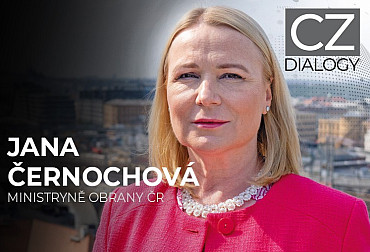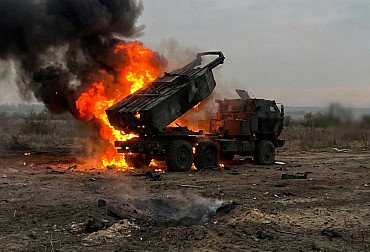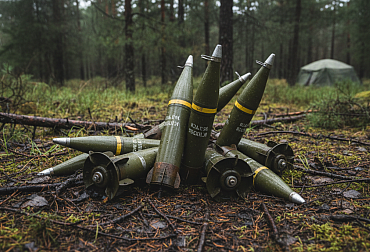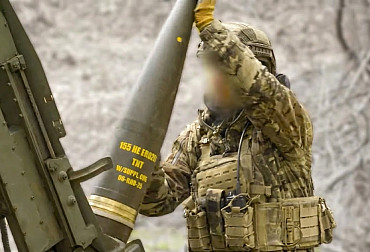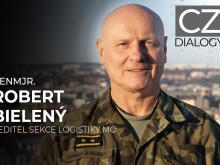Jiří Protiva: Diversifying our portfolio and customer base is crucial today
The state-owned company LOM PRAHA is one of the oldest companies in the aviation industry in the Czech Republic. This year marks the 110th anniversary of its founding. The history of LOM PRAHA began on October 5, 1915, when the production of the first Hiero aircraft engine was completed in the aviation department of the Breitfeld-Daněk company. Hiero aircraft engines were the work of pre-war racing driver and aviation pioneer Otto Hieronim. Today, LOM PRAHA primarily provides services and maintenance to the Czech Army. It is successfully transitioning to Western technologies while maintaining its ability to provide services for Eastern technologies. We spoke with Jiří Protiva, director of LOM PRAHA, about the successful development of this state-owned enterprise.
Video: Interview with Jiří Protiva, Director of LOM PRAHA / CZ DEFENCE
“We have had several successful years. We are investing in development and the state-owned company is establishing new partnerships. This success was also reflected in last year's financial results, when we doubled our profits compared to 2023,” says Protiva at the beginning of the interview. The company's history has been turbulent, from the production of the aforementioned aircraft engine, through the First and Second World Wars and the communist regime, to its transformation in 1989. "That was when LOM PRAHA was entered in the commercial register, and since then, its modern history has been written. The state-owned company underwent a transformation. It originally dealt with aircraft engines, aircraft, and their repairs. Now, LOM PRAHA is not just about helicopters, but has added training and other things, which we will get to later," explains Protiva.
The challenge for LOM PRAHA is to adapt to the requirements of the Czech Army and to identify opportunities that go beyond the transition from Eastern to Western technology. "We service Mi series helicopters, but we have also joined the H-1 project and provide service support for Viper and Venom helicopters and, in the future, Embraer transport aircraft. We have already begun the implementation phase of an industrial agreement with Lockheed Martin for F-35 aircraft. At the same time, we operate two airports, and there are more and more things to do, albeit smaller ones. I believe that diversification of both our portfolio and our customers is important at the moment. State-owned companies often take the approach that if we see an opportunity, we are not afraid to seize it and start implementing it," says the director of the state-owned company.
As part of the modernization of the Czech Army, modern procedures and approaches must also be modernized and implemented at the state-owned enterprise LOM PRAHA. This includes, for example, digitization, which helps to streamline work. “We are implementing modern technologies in simulation training and investing in facilities. These are all modernization steps that we are taking at LOM PRAHA to be an efficient state-owned enterprise,” says Protiva.
At the same time, LOM PRAHA must maintain a high level of service for its largest customer, the Czech Army. "We have to meet their requirements first. But we also use our free capacity and opportunities outside the Czech Army. You could say that we're trying to commercialize our services for the army for other customers, whether it's the emergency services or foreign customers. We're also trying to come up with new portfolios that aren't related to the army at all. These include, for example, the repair and servicing of piston engines and the manufacture of weapon and ammunition components. In this way, we are also responding to the issue of capacity in the field of ammunition production. We provide various civil aviation companies with capacity in the areas of surface treatment, engineering, non-destructive testing, and other capabilities that we have in-house," says Jiří Protiva, presenting the scope of the company's capabilities.
However, the state-owned company does not invest solely in development and technology. According to the director Protiva, it is important to reinvest the funds earned back into the company, especially in people. "It's about wages, it's about training employees beyond the mandatory framework. We strive to educate and provide various training courses to our employees. However, investments are also being made in other areas, particularly infrastructure. In the past, LOM PRAHA suffered somewhat from the fact that its infrastructure was not in very good condition. Now, significant steps forward can be seen, whether in the construction of various simulation centers or various repairs to the infrastructure we manage, including the airport," says the director of the state-owned enterprise.
LOM PRAHA is also behind the creation of the first unmanned polygon. It is therefore evident that drones will be another segment of the company's activities. "We live in the age of drones and we respond to the environment around us, so we are trying to implement this area as well, addressing the issue of drone operator training. The University of Defense has drone operators as a field of study, so why couldn't we provide this training in a similar way to military training, using the unmanned test site that is being further developed near Moravské Budějovice," Protiva announces. However, the field of unmanned vehicles is not just about training. “We offer partnerships for so-called ‘Bohemization’, which means adapting to the Czech environment, but we also want to participate in testing and certification issues,” adds the director of LOM PRAHA.
One of the secondary effects of expanding the state-owned company's activities is the operation of additional airports. LOM PRAHA currently manages airports in Přerov-Bochoř and Plzeň-Líny. With the growing need to maintain airport space, which in the past has been given over to industrial zones, the question arises as to where else LOM PRAHA could operate as an airport operator. "With a little exaggeration, I would say that in terms of airport infrastructure, we have the Czech Republic and Moravia nicely covered.
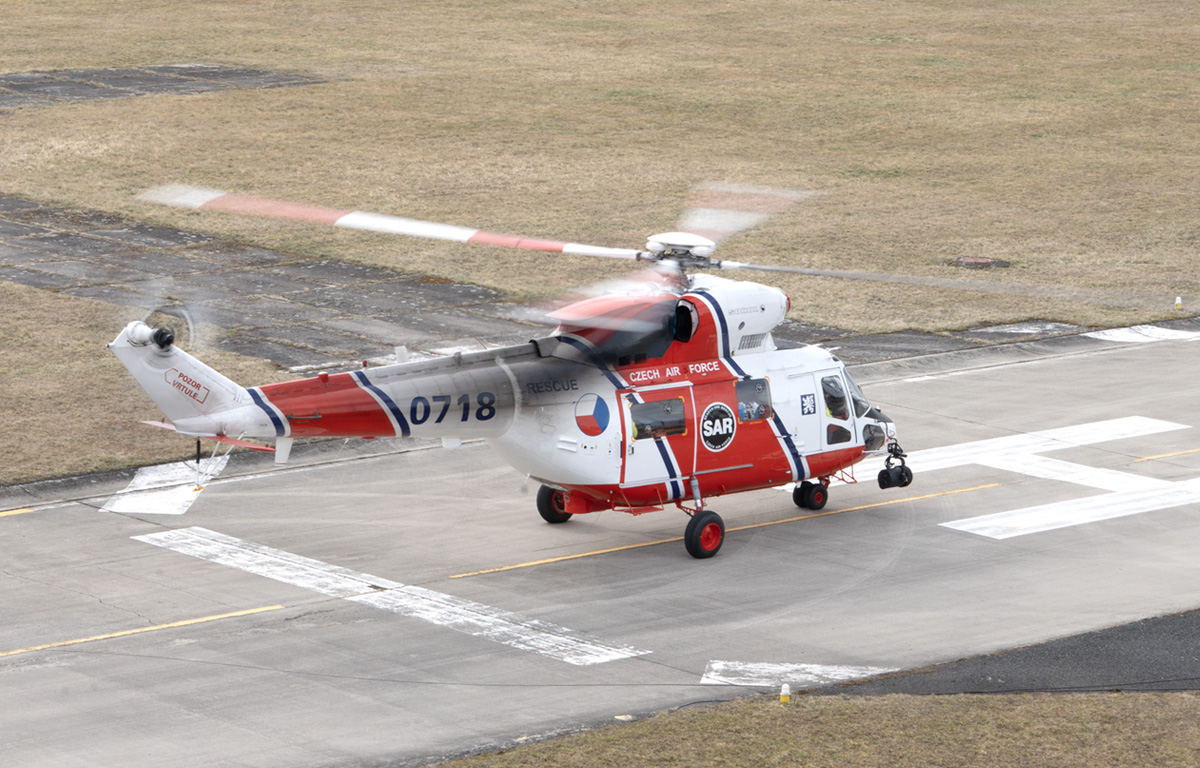
We are in Líní, we are in Přerov. I am glad that these two airports are part of our portfolio, because this has given us another set of skills that we are developing. And if any other airports appear and the Czech Republic wants to keep them and develop them further, we are definitely ready. And there are more airports like this in the Czech Republic. I am very happy that we helped save the ones in Líní and Přerov, because they were supposed to disappear from the face of the earth and be replaced by industrial zones. And that brings me back to the current security situation. I believe that infrastructure, especially airport infrastructure, is currently a truly critical infrastructure that we should maintain and nurture," Protiva points out, adding that when operating an airport, it is important to communicate not only with operators, but especially with surrounding municipalities and towns. “We try to communicate regularly with both airport operators and surrounding municipalities and companies. We inform them in advance about our plans and share information and experiences that we also use for recruitment,” Protiva describes. "For example, we recently agreed with the Statutory City of Přerov that we will be able to participate in their events with primary and secondary schools so that we can start creating an environment for future employees there. At the same time, we also communicate with employees in the region who are interested in aviation, because there used to be a large air base in Přerov and we see a certain pool of personnel there that we can draw on," adds the director of LOM PRAHA.
The Aviation Training Center (CLV) in Pardubice plays a key role in pilot training at the state-owned enterprise LOM PRAHA. The center is undergoing a gradual modernization of its fleet of Zlín and L-39 aircraft.
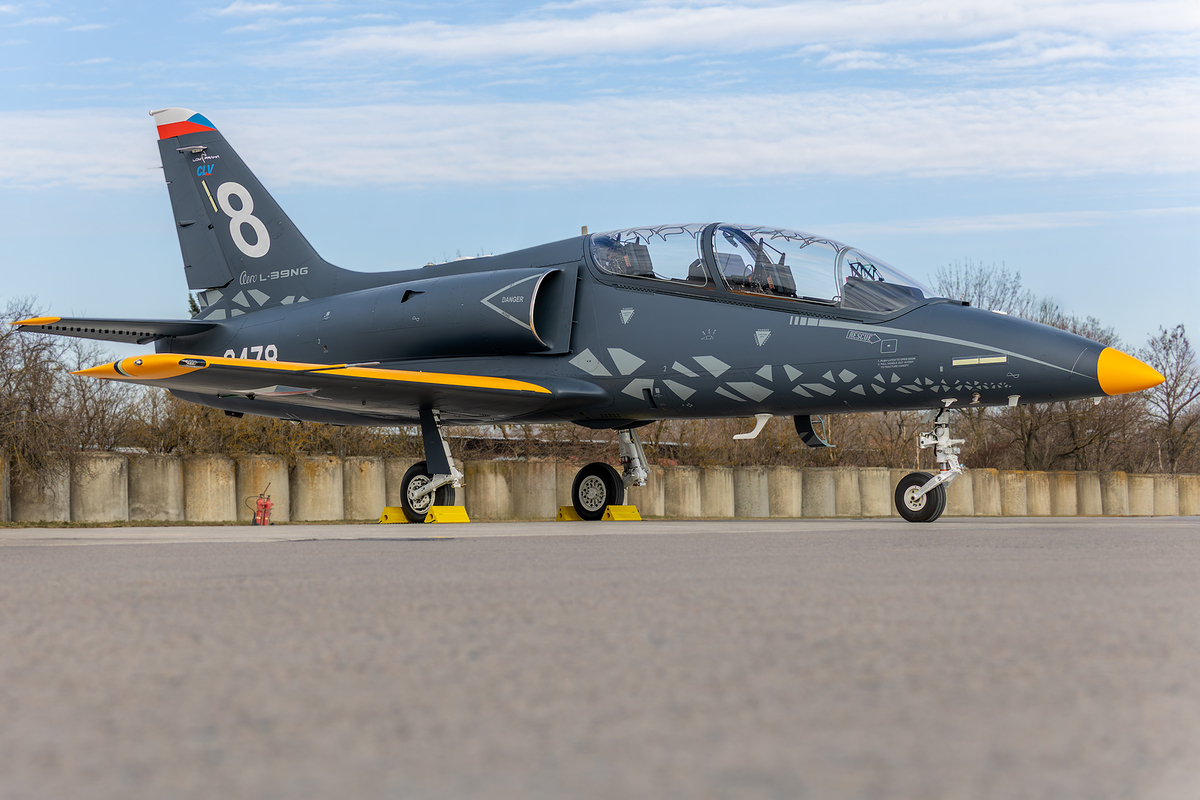
In the future, simulation training will play an increasingly important role in training, with LOM PRAHA's subsidiary VR Group playing a key role. "This is modern technology that makes training more efficient and faster. It is also safe, because you can prepare for crisis situations that look very real, but are still virtual reality. In addition, simulators are environmentally friendly, leave a minimal ecological footprint, and allow you to practice in a realistic way. Pilots are exposed to various stressful and crisis situations so that they are well prepared for practical training in the air," says Jiří Protiva, describing the importance of simulation training. “Our Flight Training Center is equipped with all the simulation technologies from our subsidiary, which I think is a kind of family silver for the Czech Republic, where a state-owned company provides training and its subsidiary manufactures and develops simulators,” says Director Protiva.
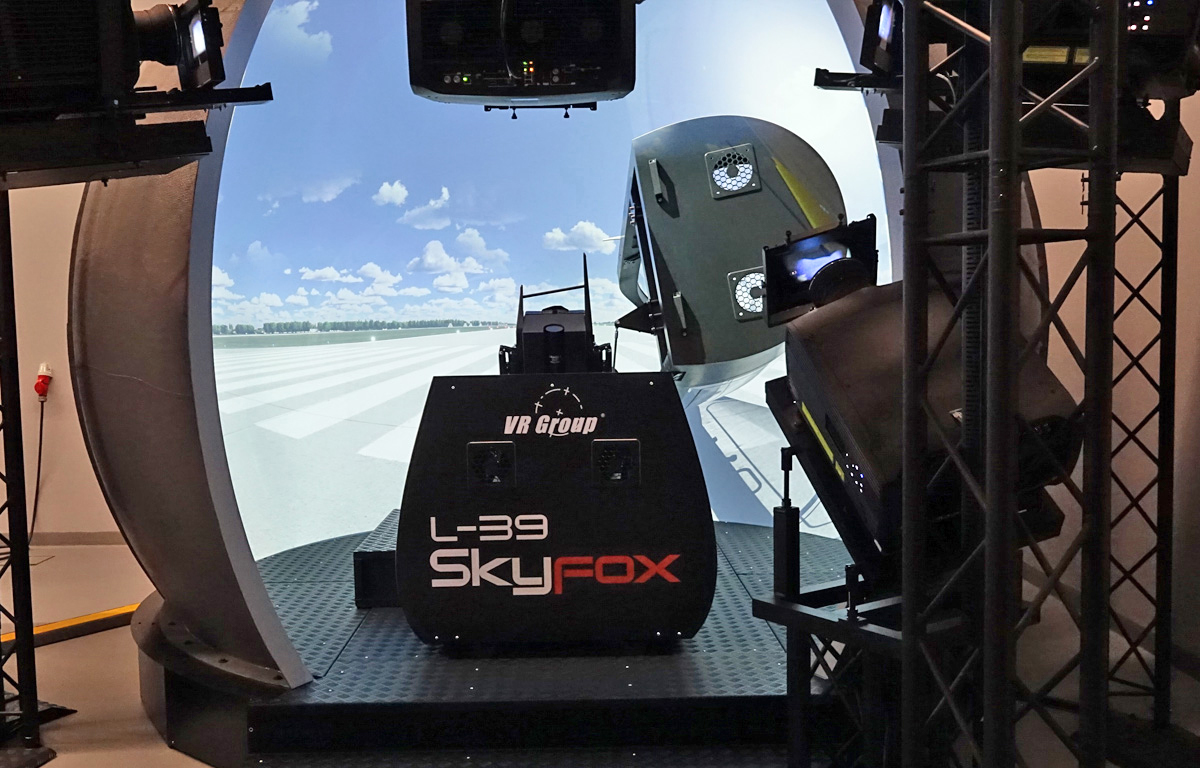
However, VR Group does not only deal with flight simulators. “They are following a similar path to LOM, looking for opportunities and, for example, in the case of CV90 vehicles, they are one of the most important partners in industrial cooperation, because VR Group's task is to develop and manufacture a comprehensive simulation system for these combat vehicles,” says Jiří Protiva, director of the state-owned company LOM PRAHA.

If you would like to learn more about how the H-1 helicopter simulation center in Náměšť nad Oslavou is doing, how cooperation with Lockheed Martin is developing, or what will happen when the first Embraer C-390 Millennium transport aircraft arrives, listen to the entire interview at the beginning of this article.











